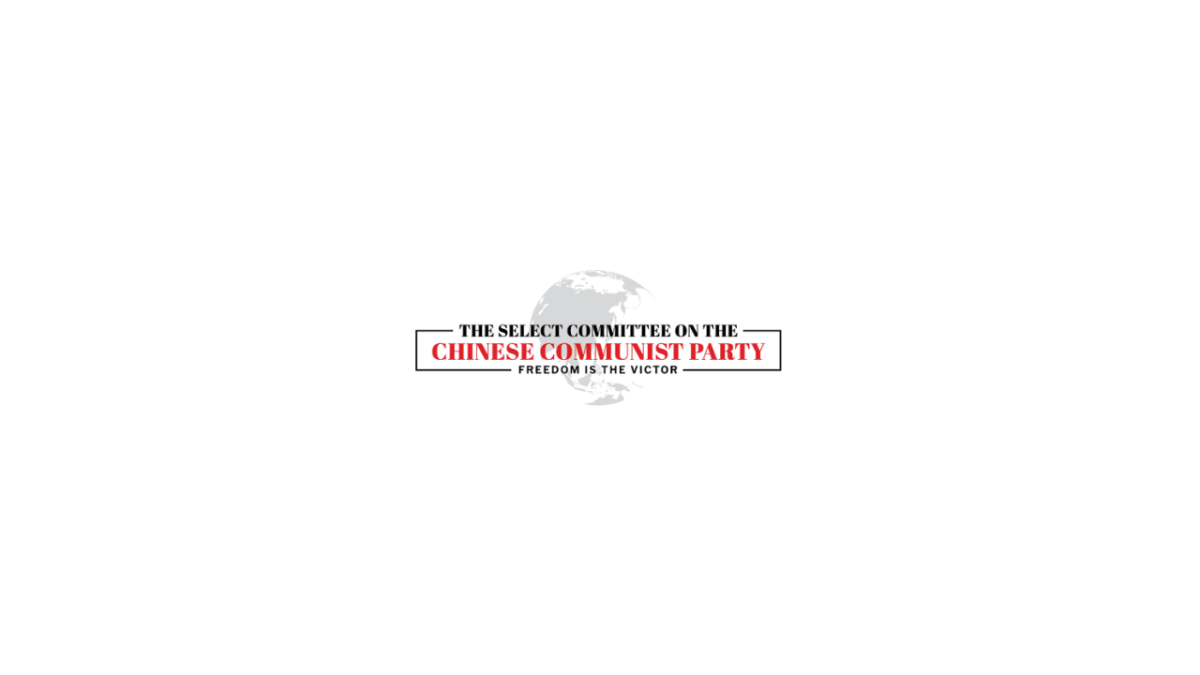ICYMI: China Select's Week-in-Review
Image

June 13, 2025
Committee Action Taken to Win the Competition with China:
- Chairman John Moolenaar (R-MI), Ranking Member Raja Krishnamoorthi (D-IL), and Representative Darin LaHood (R-IL) introduced the Advanced AI Security Readiness Act to empower the NSA, establish cybersecurity standards, and protect American innovation from foreign threats.
- Continued legislative efforts to advance the Chip Security Act following a Wall Street Journal report revealing how Chinese firms are evading U.S. export controls by outsourcing AI compute to Southeast Asia and smuggling data and equipment back into China.
- In response to reports that Chinese firms are fueling Iran’s drone program, we doubled down on our calls for the Treasury Department to investigate and sanction the CCP-linked companies enabling Tehran’s military buildup. This effort is part of our broader push to expose and disrupt China’s support for terrorism.
- Chairman Moolenaar sounded the alarm about America’s vulnerability to a foreign attack.
- China Committee Member Rep. Nathaniel Moran (R-TX) exposed how a Chinese firm exploited a Biden-era loophole to overturn a U.S. trade enforcement ruling—now pushing the Patent Office to reverse the decision and urging Congress to pass the PREVAIL Act to block future IP theft by the CCP.
- Raised the alarm over the CCP’s attempt to build a massive embassy compound atop sensitive financial infrastructure in London—calling for immediate reassessment of the site and urging U.S. and U.K. authorities to block any project that compromises national security.
Other Action Taken to Win the Competition with China:
- The Senate Foreign Relations Committee held a hearing for Jacob Helberg to be Under Secretary of State for Economic Growth, Energy, and the Environment. Mr. Helberg will work on an extensive list of issues that will be exceptionally important as we compete with our adversaries around the world, particularly China.
- The Senate Foreign Relations Committee held a hearing for Paul Kapur to be Assistant Secretary of State for South Asian Affairs. Mr. Kapur will work to deter China’s growing influence and threats to South Asia regional security and build on that desire and create deeper partnerships that advance American interests.
Select Committee and China News:
- In testimony, Commerce officials reaffirmed that Huawei is limited to producing no more than 200,000 advanced AI chips in 2025, maintaining pressure on China’s tech ambitions.
- Within 24 hours of the deal the admin reached to force the CCP to release critical minerals, we find out the CCP is using their leverage to collect sensitive US IP.
- Jeff M. Smith and Bryan Burack argue that the U.S. must urgently strengthen and modernize its export controls on AI chips and cloud access to prevent China from exploiting loopholes, while still enabling allies to benefit from American technology.
- House Select Committee on China member and House Foreign Affairs East Asia and Pacific Subcommittee Chairwoman Young Kim discussed how deepening U.S.–ASEAN ties through economic cooperation, maritime security, and diplomatic coordination, the United States can undercut the CCP’s influence in Southeast Asia and offer a more reliable, values-driven alternative to China’s empty promises.
- House Select Committee on China member and House Foreign Affairs South and Central Asia Subcommittee Chairman Bill Huizenga delivered remarks about how securing a 133 % enforcement funding increase for the Bureau of Industry and Security, empowering BIS to sharply tighten export controls on advanced chips and AI tools, the U.S. will effectively block CCP access to critical technologies and ensure we win the AI arms race against China.
Chinese Threats this Week:
- Chengxuan HAN, a citizen of the People’s Republic of China (PRC), was arrested and charged for making false statements and smuggling biological materials into the U.S. for her work at a University of Michigan laboratory.
- Reports that individuals tied to the Chinese Communist Party working in U.S. universities could secretly access critical infrastructure like energy grids and telecom systems.
###